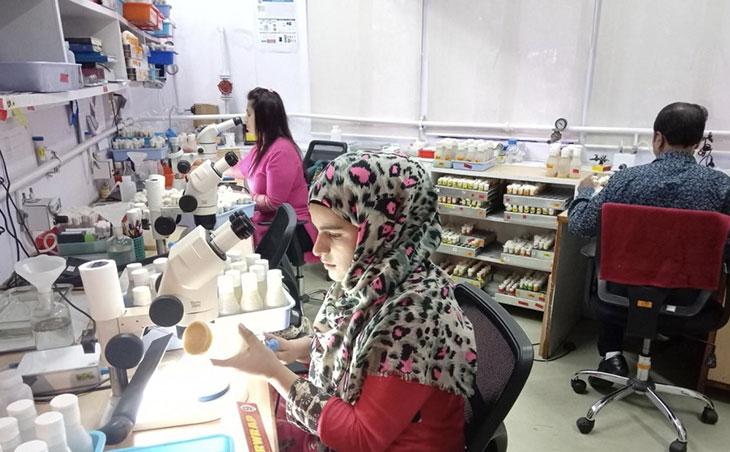CCMB working to make personalised medicine a reality

One size does not fit all. This applies to medicine, as much as for garments. Some medicines might work on some but not on others. The key to unravel this secret lies in the uniqueness of cells of each one of us.
However, unlike garments, the consequences can be quite serious when we do not respond favorably to the drugs. Could we then have a test run of the drug on a body double and pick only the ones that work for ourselves?
Recent developments in life science research have led to a novel solution for this problem. Scientists can now convert ordinary cells extracted from a patient’s body into what are called pluripotent stem cells and use these to develop a variety of organoids – multiple miniaturised and simplified versions of body organs.
These can then be used to screen a variety of drugs for the ailment a person is suffering from and identify those that are best suited for him or her.
Hyderabad-based Centre for Cellular and Molecular Biology (CCMB), a part of the Council of Scientific and Industrial Research (CSIR), is in the process of setting up a facility to take the benefit of this new technology to common people.

Noting that several other new technologies have also come up in recent years that could help make personalised medicine a reality, the director of the institute, Dr Rakesh K Mishra, said steps were underway to put them too into use.
For instance, it is now possible to make cells produce bioactive products like insulin and deliver them to patients who do not produce enough of them in the form of patches.
“The technologies are available. We just need to put them in place after obtaining appropriate approvals. Lots of activities are happening on this front”, he said.
CCMB, he said, is looking to engage with clinicians and the industry in a big way, with them participating right from the beginning stages of research.
“We want them to invest and be a partner in developing technologies. This will help accelerate research in industrial context. We will also gain a lot from their expertise in marketing and production,” Dr Mishra said.
In this regard, he recalled how Shanta Biotech, one of the first major biotechnology companies in India had begun its journey from CCMB.
The Institute focuses both on contributing intellectually as well as in terms of developing industry ready manpower. “We interact with the industry, find out what kind of manpower they require so as to design appropriate short term courses of one, two and six month duration.
“In this programme, we focus on producing properly qualified technicians, technical officers and other manpower required by industries engaged in biology-related activities,” he said.
The research institute has recently started a programme to expose students in medical colleges in Telangana on various aspects of medical research. The aim of the program is to foster collaborations between scientists and medical professionals in medical research.
Sunderarajan Padmanabhan (@ndpsr)
First published: 17 February 2018, 16:05 IST





![BJP's Kapil Mishra recreates Shankar Mahadevan’s ‘Breathless’ song to highlight Delhi pollution [WATCH] BJP's Kapil Mishra recreates Shankar Mahadevan’s ‘Breathless’ song to highlight Delhi pollution [WATCH]](http://images.catchnews.com/upload/2022/11/03/kapil-mishra_240884_300x172.png)

![Anupam Kher shares pictures of his toned body on 67th birthday [MUST SEE] Anupam Kher shares pictures of his toned body on 67th birthday [MUST SEE]](http://images.catchnews.com/upload/2022/03/07/Anupam_kher_231145_300x172.jpg)






